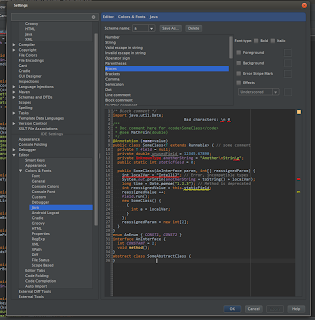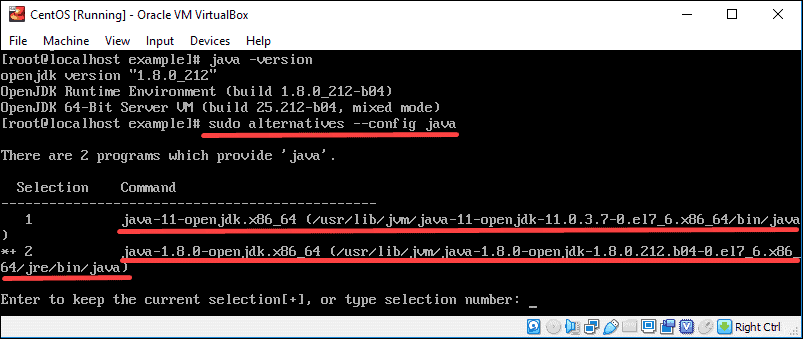

To do that, first install some dependencies: sudo apt-get install gnupg2 software-properties-common1 We will install the second type of Java, Oracle version 17. OpenJDK 64-Bit Server VM (build 18.0.2-ea+9-Ubuntu-222.04, mixed mode, sharing) Step 4. OpenJDK Runtime Environment (build 18.0.2-ea+9-Ubuntu-222.04)

So we install it, we need to execute the following command: sudo apt-get install -y openjdk-18-jdk The Java OpenJDK version 18 is already included in the Ubuntu 22.04 repo. OpenJDK 64-Bit Server VM (build 17.0.5+8-Ubuntu-2ubuntu122.04, mixed mode, sharing)

OpenJDK Runtime Environment (build 17.0.5+8-Ubuntu-2ubuntu122.04) You will receive the following output: :~# java -version Once installed, execute the following command to check the Java version: java -version To install it you can execute the following command: sudo apt-get install openjdk-17-jdk openjdk-17-jre The Java OpenJDK version 17 is, by default, included in the Ubuntu 22.04 repo. sudo apt-get update -y & sudo apt-get upgrade -y Step 2.

Java is divided into two types OpenJDK and Oracle JDK. Java is an object-oriented web programming language used in thousands of applications worldwide and has a huge community of developers and regular users. In this tutorial, we are going to show you how to install and manage multiple Java versions on a Linux server.


 0 kommentar(er)
0 kommentar(er)
